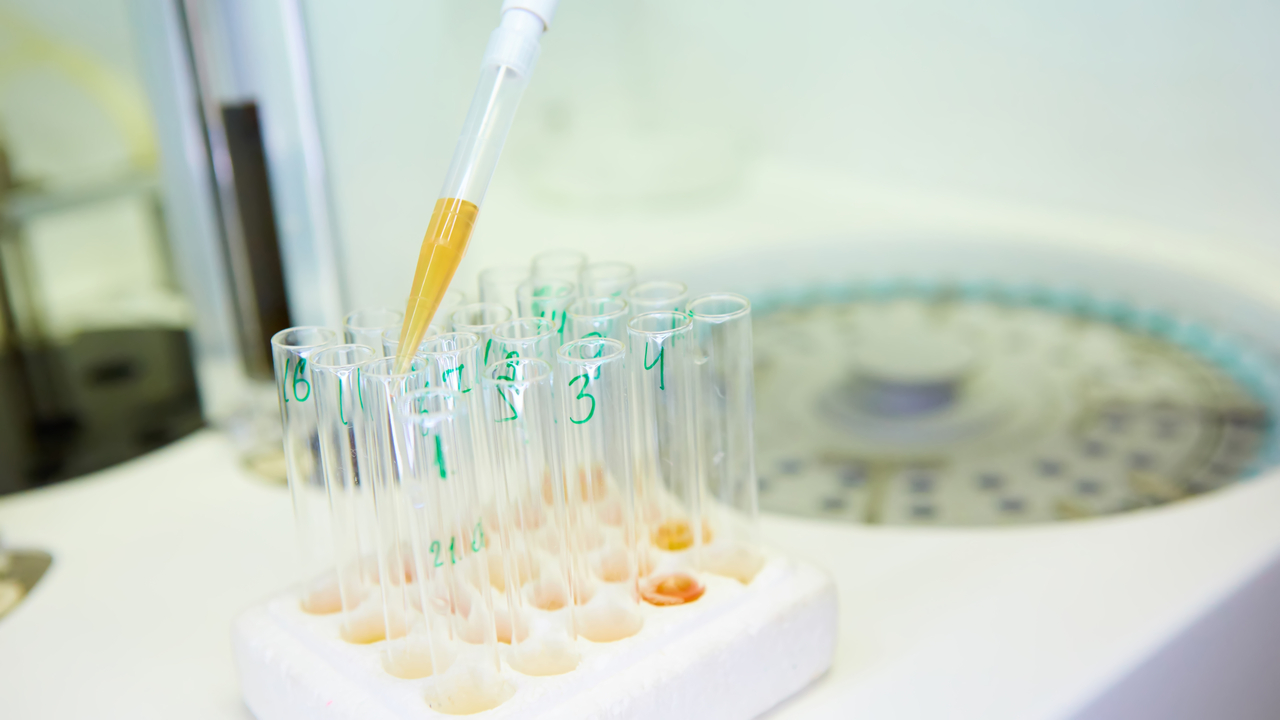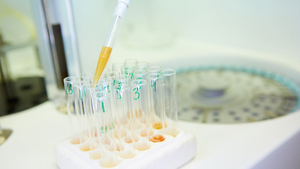South Korea to provide guidelines for market of direct-to-consumer genetic testing
 (123rf)
(123rf)
The government is working on guidelines for direct-to-consumer genetic testing for underage children, mandating the consent of the subject being tested if they are at least 14, while banning examination of non-medical factors.
The Ministry of Health and Welfare on Monday revealed its study for DTC genetic testing for minors guidelines, which focused on respecting self-determination rights while regulating possible abuse of the novel procedure.
South Korea does not yet have government guidelines on all the details related to DTC genetic testing, which refers to genetic tests marketed directly to customers, unlike the same tests conventionally conducted by health care providers. Testing authorized by the local government has gradually grown to encompass 70 different factors in December of 2022, to 190 as of June of 2024, spanning health, physical attributes and lifestyle that were divided into fields related or unrelated to health.
The new guidelines, which will be implemented as early as next year, state that DTC genetic testing for minors should be strictly focused on the factors that can benefit one’s health. This includes factors such as obesity, blood pressure, blood sugar and cholesterol levels, of which related medical issues could be prevented or managed.
But factors such as hair loss, skin tone, and the ability to consume nicotine or alcohol are likely to be eliminated from the list of testable factors for underage consumers. According to the report, this is to prevent potential psychological side effects and discrimination among peers that may result from genetic testing.
To determine which factors are suitable for testing, the expert group in the study suggested a separate deliberation committee.
Another main issue is minors’ input on whether they want to be tested. The expert group in the study suggested age 14 to be the threshold for mandated self-consent for DTC testing.
The testing phase of DTC testing mandated only the consent of the parent, but the report stated that children aged at least 14 should be included in the decision-making process.
The minimum age of 14 is the guideline of several legal clauses here. For example, the Personal Information Protection Act states that only those aged 14 and above can directly consent to provide personal information.
The ministry’s new guidelines will also impose obligatory informative sessions for DTC testing users, stating that the test is not 100 percent accurate and cannot be considered a substitute for medical advice from a professional or diagnosis of a disease. Another safety net concerned with misinformation about testing is a possible mandatory explanation on DTC testing by a medical expert before receiving the examination.
minsikyoon@heraldcorp.com
